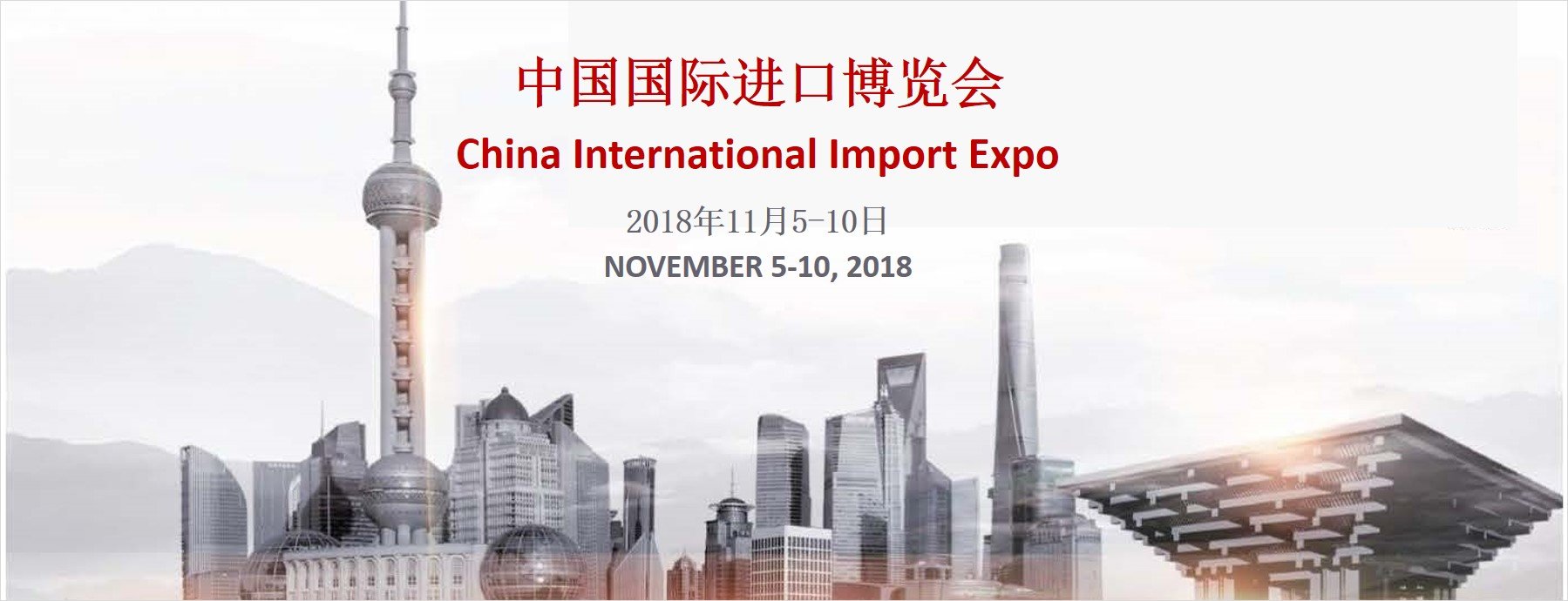

Jun
December of 1978 marks a momentous occasion, with China’s reforms finally giving foreign players reasonable access to its domestic market and as of 1979, major companies starting taking advantage of the fact that imports were allowed by China, with Japan’s Panasonic, the US companies IBM as well as Coca-Cola and French Pierre Cardin being among the first to try catering to the needs of Chinese citizens.
The effects of 1979’s first batch of imports were quite impressive, not just economically but also culturally. Just imagine going from quasi-autarky to seeing a Chinese person drinking Coca-Cola instead of tea, as he watches something on his brand-new Panasonic television set wearing Pierre Cardin clothes.
As of 1980, if that person wanted to exercise, he could do so with his new Nike sneakers and if he wanted to drive somewhere to work out, Volkswagen cars became an option as of 1984. 1985 can be considered the year of communication, electronics and European relations, with Germany’s Siemens, Philips from the Netherlands and Finland’s Nokia entering the Chinese market. US-based Motorola and KFC followed in 1987, P&G in 1988 with its Chinese lifestyle-altering personal care products, Louis Vuitton and Microsoft in 1992, Walmart in 1996, IKEA in 1998, Starbucks in 1999, Costa Coffee and Zara in 2006, Apple in 2008 and the list could go on and on.
Nowadays, the fact that a major brand establishes a presence in China is no longer even noteworthy but rather something that is to be expected. Not only that, but in a lot of cases, it’s even hard to start doing business in China without this market becoming your #1 income-generator.
It’s of the utmost importance to understand that China most definitely does not have a strong tradition of embracing foreign entities. On the contrary. If you’ve read our brief economic history of China post, you know that reluctance has always been the status quo when it comes to China’s relationship with anything non-Chinese.
As a civilization that spans millennia, Chinese authorities have always considered the country the center of the economic and cultural universe. A country other nations gravitate to rather than one which can benefit from international trade. While they actually had navigation technologies centuries before the Europeans, the project was scrapped relatively quickly and other than a few missions which involved them spreading the word about China’s greatness, nothing much was done. From Ancient China to Mao Zedong’s China, engaging in international relations was never considered a priority.
Fast-forward to the 21st century and the idea that tea has been replaced with Coca-Cola brand beverages or Starbucks coffee might seem downright shocking. However, it would be a mistake to perceive things in a negative manner. On the contrary, the mistake was ignoring the importance of international relations for so long.
From the loss of the Opium Wars to mistakes when it comes to international trade made thereafter, the previously-mentioned reluctance on China’s part to trade with other nations properly has cost this country tremendously.
As soon as this attitude changed, the full force of China’s humongous economic potential was unleashed and the policies implemented by Deng Xiaoping and his successors made it crystal-clear that not only should China not be afraid of trade, it should actually embrace international relations because this is precisely the type of environment a country such as China thrives in.
